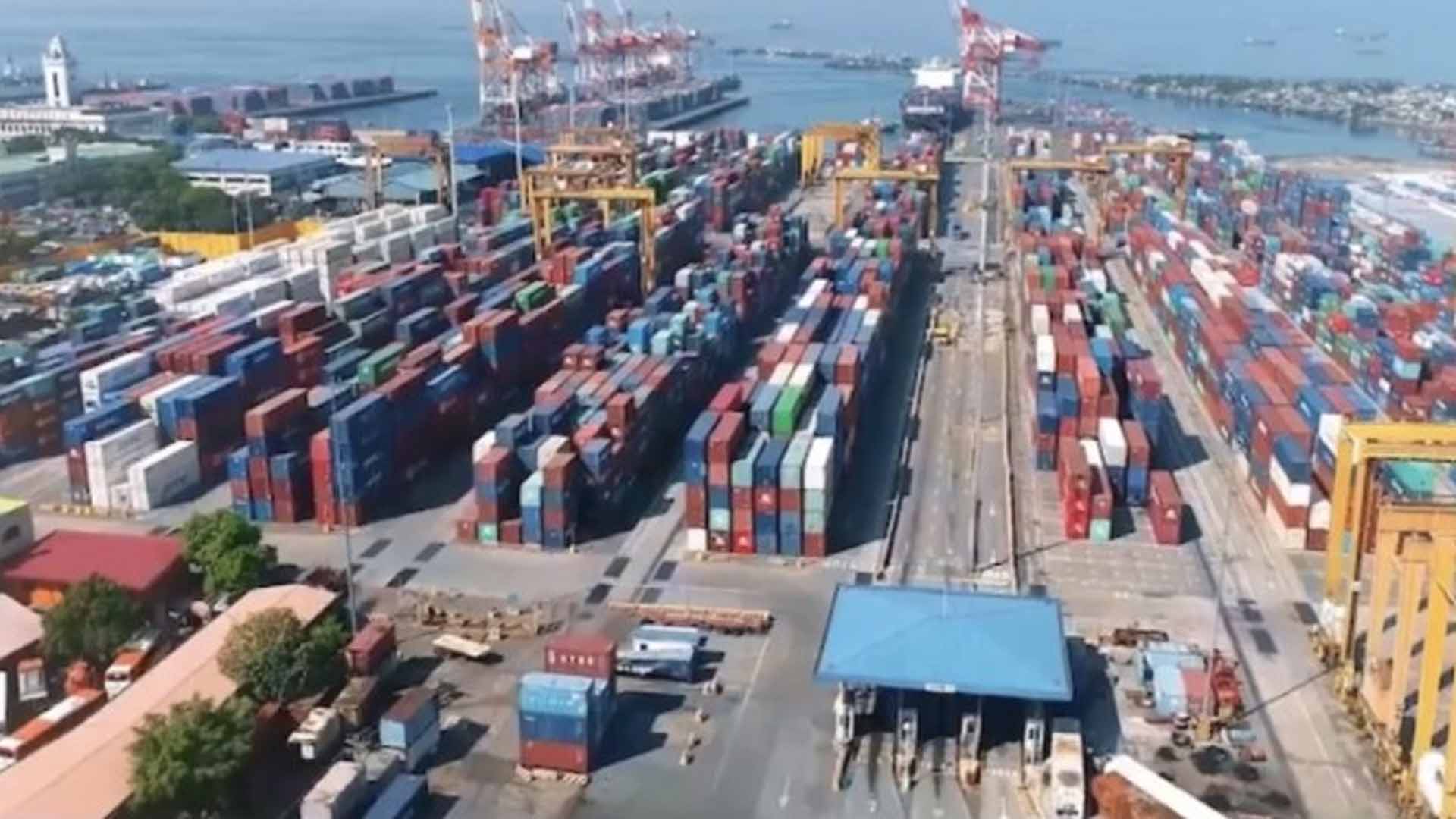The Philippines added two new free trade agreements (FTAs) this year, the Regional Comprehensive Economic Partnership (RCEP) and its trade pact with South Korea, to ease barriers to trade and investments and boost commercial ties among partners.
RCEP entered into force in the Philippines on June 2 following the Senate’s concurrence on Feb. 21, two years after the participating countries — 10 ASEAN member states and FTA partners China, Japan, South Korea, Australia, and New Zealand — concluded the negotiations in November 2020.
National Economic and Development Authority (NEDA) Secretary Arsenio Balisacan said the RCEP as another engine for the country’s economic growth.
“Being part of RCEP will further enhance our market access, placing us at par with other RCEP-participating countries and the world’s largest economies such as China, Japan, and Korea, among others,” Balisacan said in a previous statement.
RCEP participating countries account for one-third of the world’s population and economy, making it the largest FTA in the world.
Balisacan also refuted claims that RCEP will only allow the influx of agricultural products into the country, as only 15 agricultural commodity groups out of 33 tariff lines have tariff reduction.
According to NEDA, only 1.9 percent of the 1,718 agricultural lines and only 0.8 percent of the total agricultural imports have tariff reduction under RCEP.
Department of Trade and Industry (DTI) Secretary Alfredo Pascual, on the other hand, encouraged Filipino exporters, especially micro, small, and medium enterprises (MSMEs), to take advantage of the regional trade pact.
“RCEP is a modern, comprehensive, high-quality, and mutually beneficial economic partnership agreement that will further promote the economic efficiency of member states, strengthening linkages in sectors such as manufacturing, technology, agriculture, natural resources, as well as reinforcing MSME participation in the global value chain networks,” Pascual said.
The country also welcomed another bilateral FTA as it signed the deal with South Korea on Sept.7.
The Philippines-South Korea FTA is the country’s third bilateral trade pact after the Philippines-Japan Economic Partnership Agreement in 2006 and the European Free Trade Association in 2016.
Manila and Seoul initiated the bilateral FTA in June 2019.
While Seoul requested lower tariffs for automotive vehicles and auto parts entering the Philippine market, Manila negotiated to eliminate tariff for bananas and other tropical fruits entering South Korea.
Within five years from the implementation of the PH-South Korea FTA, Philippine bananas entering the Korean borders will have zero tariff.
It will help the sagging banana industry as it loses market share in South Korea to Vietnam, Ecuador, Columbia, and Peru which have free market access to the East Asian country.
Philippine banana is currently entering the South Korean market at 30 percent.
Earlier, the Department of Foreign Affairs said the Philippines-South Korea FTA will be classified as a treaty, which will be ratified by the President and concurred by the Senate.
South Korean Ambassador to the Philippines Lee Sang-hwa also assured the country that the Korean government will soon ratify its FTA with the country.
New pacts
On July 31, European Commission (EC) president Ursula von der Leyen visited Manila, the first EC head to officially visit the Philippines.
She announced that the European Union (EU) and the Philippines will resume formal discussions for a bilateral FTA, with negotiations being eyed in 2024.
Both parties already had formal talks in Brussels, Belgium in 2016 and in Cebu province in 2017.
“Under the leadership of President Ferdinand R. Marcos Jr., the DTI, along with our inter-agency negotiating team, will closely work with counterparts from the European Commission to ensure the success of the scoping exercise this year. We look forward to the results of this exercise in support of our mutual objective to officially resume the PH-EU FTA negotiations at the most opportune time,” Pascual said in another statement.
European businesses in the Philippines have been calling for the resumption of the FTA negotiations as this will provide stable trading and investment conditions.
Another FTA that DTI is negotiating is the Comprehensive Economic Partnership Agreement (CEPA) with the United Arab Emirates (UAE).
On Dec. 2, Manila and Abu Dhabi signed the terms of reference (TOR) or the scope of negotiations for CEPA.
“Maybe one important consideration is the fact [that] our exports to UAE, many are high-value products like parts of helicopters or aircrafts. Noting that UAE basically owned one of the largest airlines in the world, we hope we can also improve our niche in the aerospace industry,” DTI Undersecretary Allan Gepty, the country’s lead negotiator for FTAs, said.
In 2022, exports of other parts of airplanes or helicopters to the UAE recorded the highest jump with growth of 122.97 percent.
UAE Minister of State for Foreign Trade Dr. Thani bin Ahmed Al Zeyoudi, when he visited Manila in November, told the Philippine News Agency that the UAE aims to hasten negotiations for CEPA to start the free trade deal with the country the soonest possible time.
Al Zeyoudi added that UAE usually negotiates FTAs in a span of six months.
He said UAE targets bilateral trade with the Philippines to grow five-fold through CEPA. (PNA)







